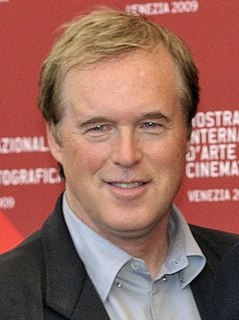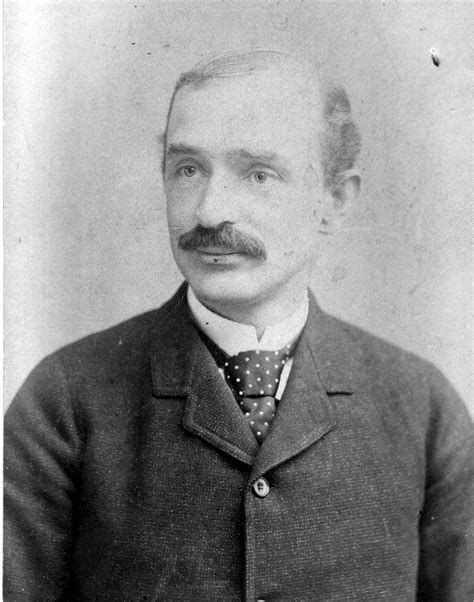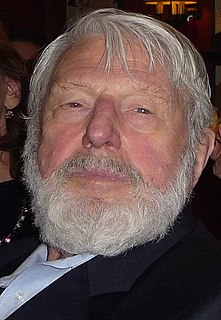A Quote by Bruce Lee
Can you look at a situation without naming it? Naming it, making it a word, causes fear.
Related Quotes
As a young man, I yearned for the day when, rooted in the experience that comes only with age, I could do my work fearlessly. But today, in my mid-sixties, I realize that I will feel fear from time to time for the rest of my life. I may never get rid of my fear. But . . . I can learn to walk into it and through it whenever it rises up . . . naming the inner force that triggers . . . fear . . . Naming our fears aloud . . . is the first step toward transcending them.
Naming things, breaking through taboos and denial is the most dangerous, terrifying, and crucial work. This has to happen in spite of political climates or coercions, in spite of careers being won or lost, in spite of the fear of being criticized, outcast, or disliked. I believe freedom begins with naming things. Humanity is preserved by it.
Do you know that even when you look at a tree and say, `That is an oak tree', or `that is a banyan tree', the naming of the tree, which is botanical knowledge, has so conditioned your mind that the word comes between you and actually seeing the tree? To come in contact with the tree you have to put your hand on it and the word will not help you to touch it.
Since we were renamed, and now it feels like 80 percent of the African-American population has the name Washington or Jefferson or some president or slave owner's name. And, I almost wonder is this, like, is this part of a way of taking back the principle of naming your - I might be going too far into this - but naming your kids something of your choice?


































